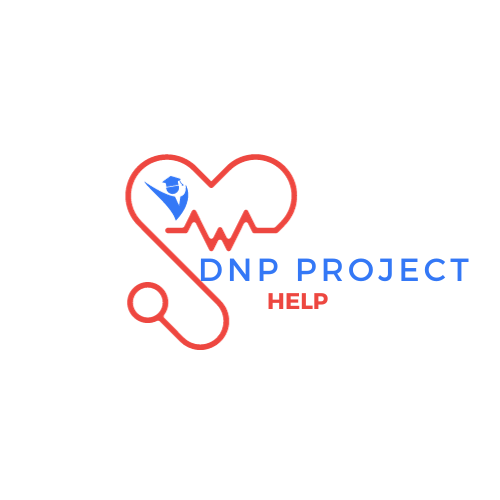
Case Study
The rigor of a DNP program requires that each learner maintain personally developed strategies that can be used to minimize stress to maintain a healthy balance. One important area to consider is self-care. Discuss ways you will recognize signs of imbalance or anxiety as a DNP learner. Explain what self-care routines or activities you can use in these instances to help you better achieve balance. (This response does not require research support.)
In response to your peers, discuss what strategies they are using that could work for you or provide suggestions to peers for self-care.
Discussion
Having worked in a demanding Emergency Department with 75 treatment rooms/spaces, which included a split flow and an ED-based observation unit, for nearly 17 years while also serving as a caregiver to two family members, the concept of stress became synonymous with my middle name. Chronic exposure to environmental stressors, coupled with inadequate coping resources, as outlined by Kravits et al. (2018), has been associated with emotional exhaustion and burnout. Over the course of my career and personal life, I’ve proactively employed various coping strategies to stave off emotional exhaustion and burnout.
One effective approach I’ve adopted is practicing meditation through guided imagery, soothing music, or breathing techniques for stress relief. Meditation serves as a valuable tool, allowing me to alleviate stress and instigate positive changes within myself, fostering a less reactive response to the stressors that inevitably arise. Depending on my schedule and the urgency to relieve stress and anxiety, I engage in quick 5-minute mini-meditations or more extended 20-minute sessions. Additionally, incorporating chakra-guided meditations from YouTube into my bedtime routine has proven instrumental in enhancing the quality of my sleep and mitigating anxiety.
Navigating the DNP program, particularly while juggling full-time work and family responsibilities, is anticipated to be both rigorous and demanding. Success in this program hinges significantly on maintaining discipline. Establishing a well-organized schedule and adhering to dedicated writing times are imperative commitments. Acknowledging that it has been over four years since I last participated in an online graduate program or crafted a research paper, I recognize the importance of seeking support from resources such as the GCU Writing Center. Utilizing these resources will not only enhance my writing skills but also help me reacquaint myself with the intricacies of the APA writing style.
References
Kravits, K. M., McAllister-Black, R., Grant, M., & Kirk, C. (2018). Self-care strategies for nurses: A psycho-educational intervention for stress reduction and the prevention of burnout. Applied Nursing Research, 32, 112-118.
Response to student post:
Hello Regina,
I resonate with the experience of spending extensive time in front of the computer, grappling with articulating thoughts, and aligning them with APA format requirements. Proficient writing is indispensable for graduate student success, yet many individuals entering graduate school find themselves struggling to convey ideas effectively in writing (Smith & Johnson, 2018). To mitigate the challenges associated with writing, I intend to capitalize on the resources offered by the writing center and seek assistance from writing tutors, aiming to alleviate some of the stress related to writing tasks.
Given the extended duration of the program, the comprehensive curriculum, and the evidence-based project requirements, it is crucial to employ stress mitigation resources and adopt healthy coping strategies throughout the DNP program. Various evidence-based techniques for promoting healthy stress management include regular physical exercise, quality time spent with loved ones, mindfulness meditation, seeking guidance from healthcare professionals, and engaging in hobbies (Clark & Anderson, 2022). Observing your insightful strategies, I am inspired to implement a calendar or daily planner to optimize my time management and plan daily objectives effectively. In alignment with this, I have acquired a 16-month weekly planner with the hope that it will facilitate staying on track with assignments and daily activities.
References.
Clark, D. A., & Anderson, D. R. (2022). Keys to managing stress in graduate school. In The graduate student’s guide to surviving and thriving in the changing landscape of higher education (pp. 247-264). Routledge.**
Smith, H. N., & Johnson, K. R. (2018). Graduate writing: A guide for students in the sciences and social sciences. Thousand Oaks, CA: SAGE Publications.**
Hello Diane and Yee,
Within the realm of nursing, there exists a tendency to perceive self-care or self-pampering as a selfish act. Consequently, the cultivation of self-care practices becomes an ongoing endeavor for nursing professionals. For nurses, self-care entails addressing physical, mental, emotional, and spiritual needs. The American Nurses Association (ANA) (2023) characterizes a healthy nurse as someone who actively strives to achieve and maintain a harmonious balance across physical, intellectual, emotional, spiritual, personal, and professional dimensions. The act of self-care not only supports the overall well-being of nurses but also replenishes their capacity for compassion and empathy.
Evidence, as highlighted by Leckey (2018), underscores the therapeutic impact of creative expression and activities on mental well-being. Engaging in creative pursuits, such as poetry, music, painting, storytelling, theater, and dance, has been shown to possess healing properties. These activities contribute to relaxation, offer a channel for self-expression, reduce blood pressure, enhance the immune system, and alleviate stress (Leckey, 2018). By participating in artistic endeavors, individuals, including nurses, gain a medium through which they can effectively express and process their emotions.
Reference
American Nurses Association (ANA). (2023). Code of ethics for nurses with interpretive statements. Washington, DC: American Nurses Association.
Leckey, J. (2018). The therapeutic effectiveness of creative activities on mental well-being: A systematic review of the literature. Journal of Advanced Nursing, 74(11), 2631-2641.
Must Read:



